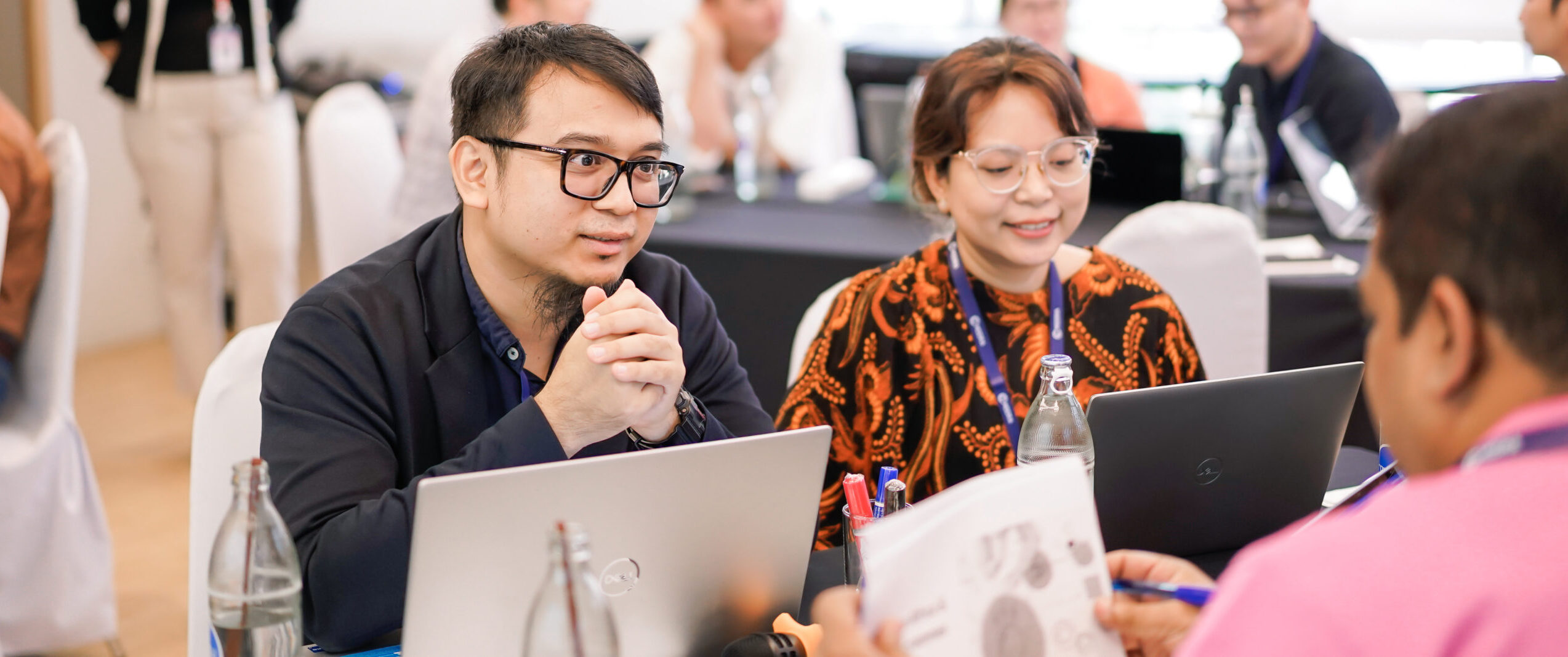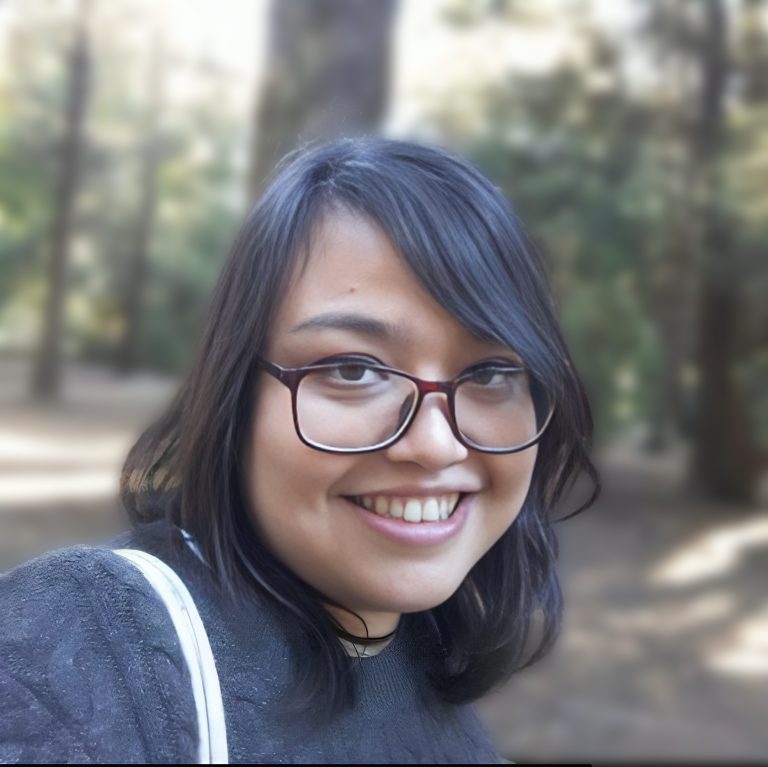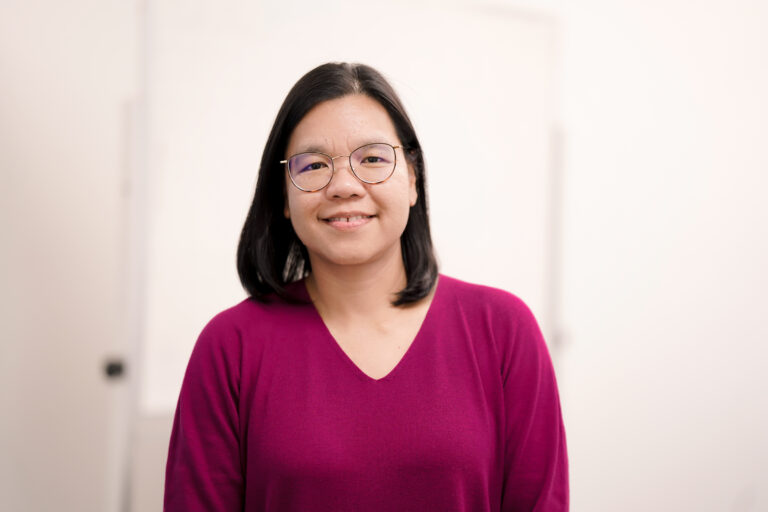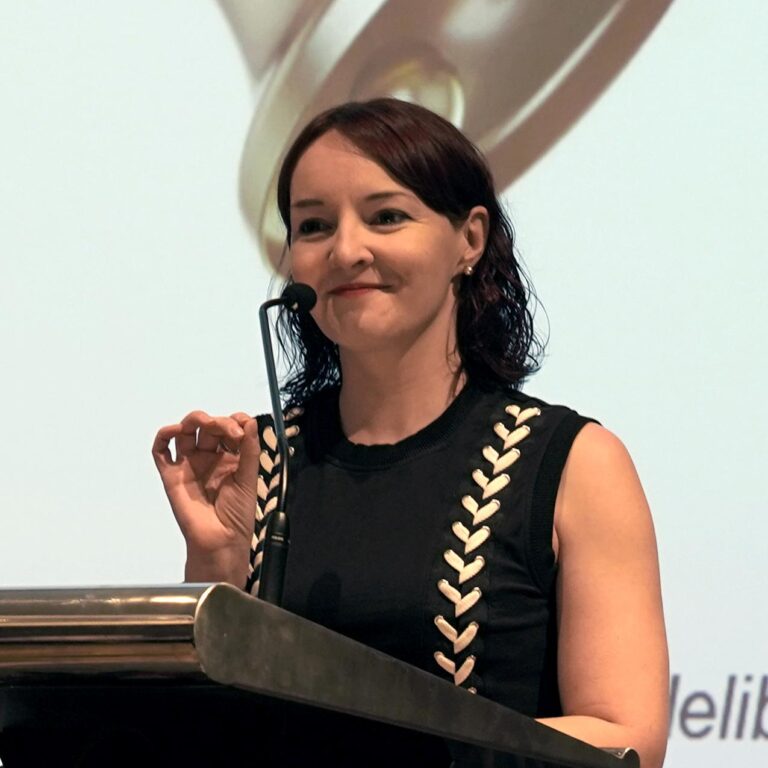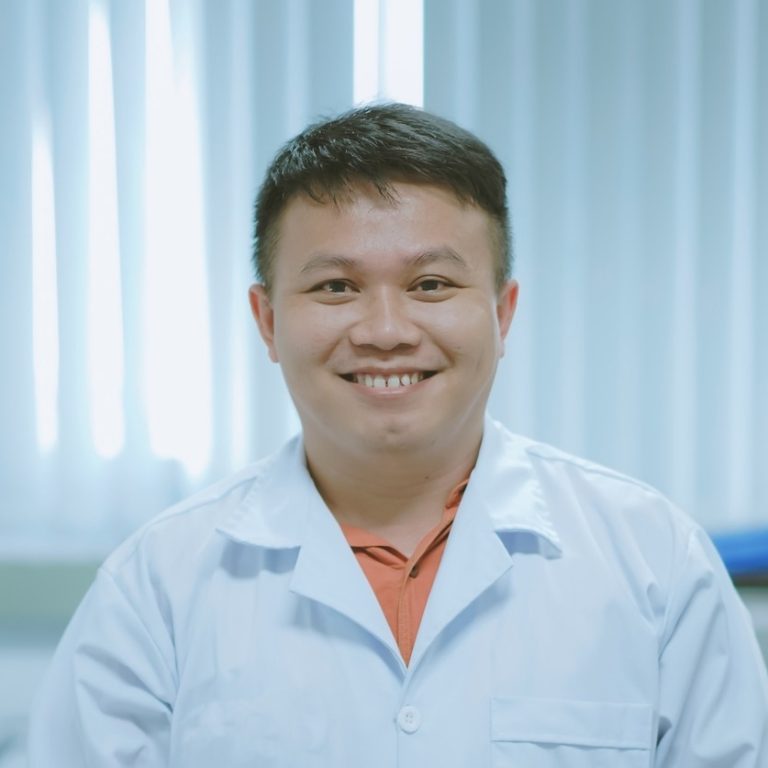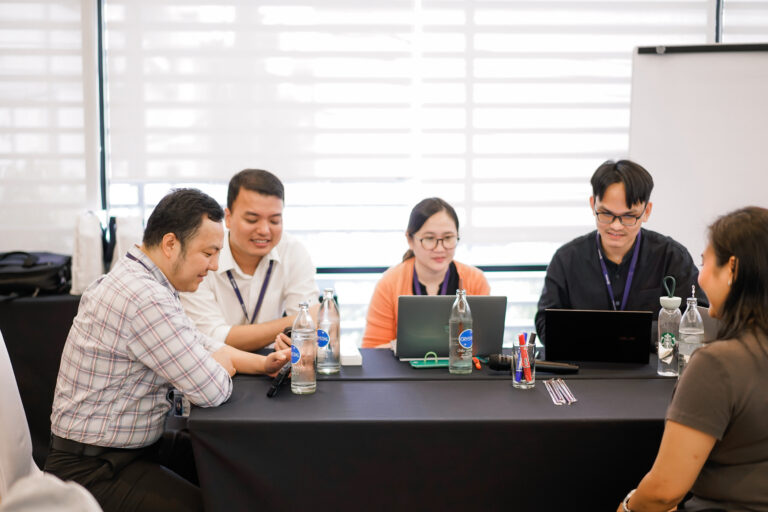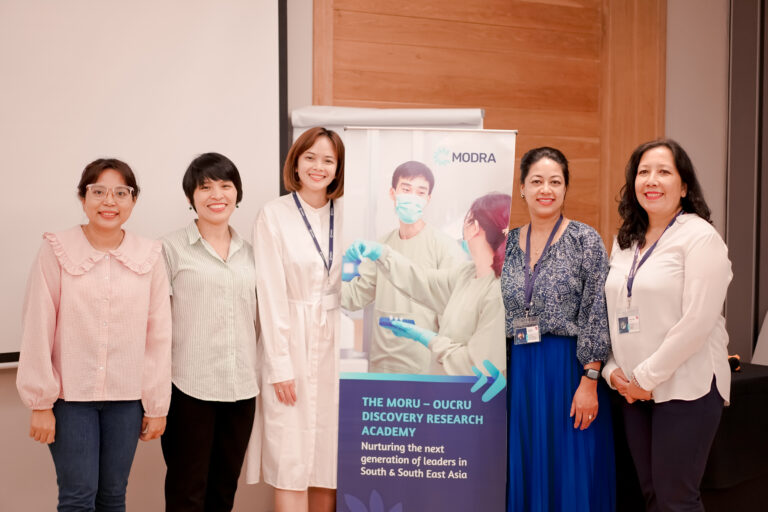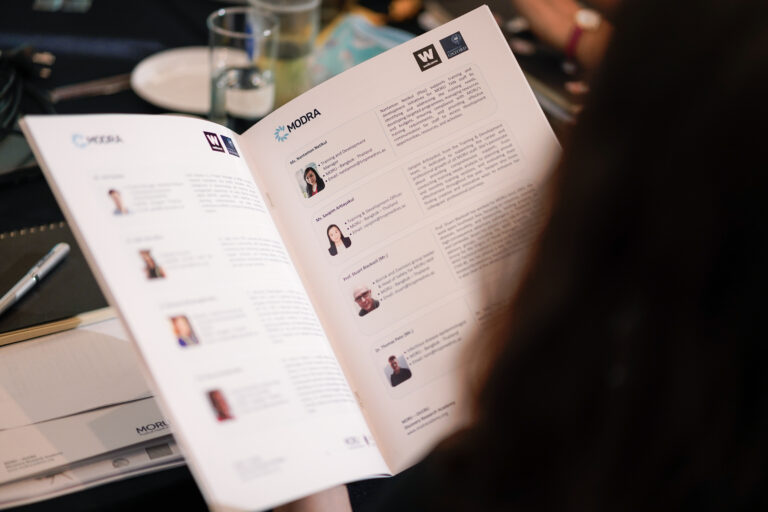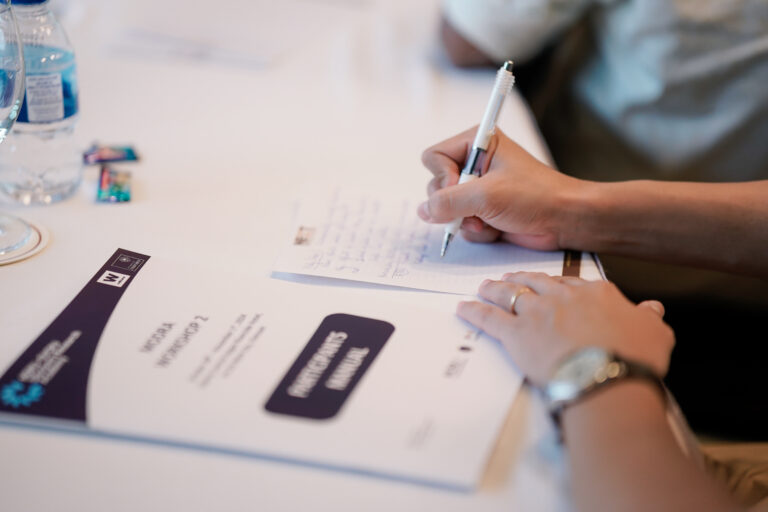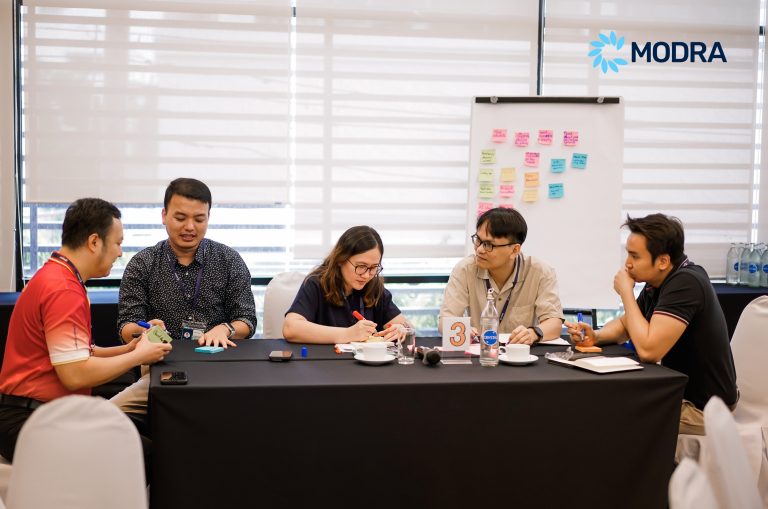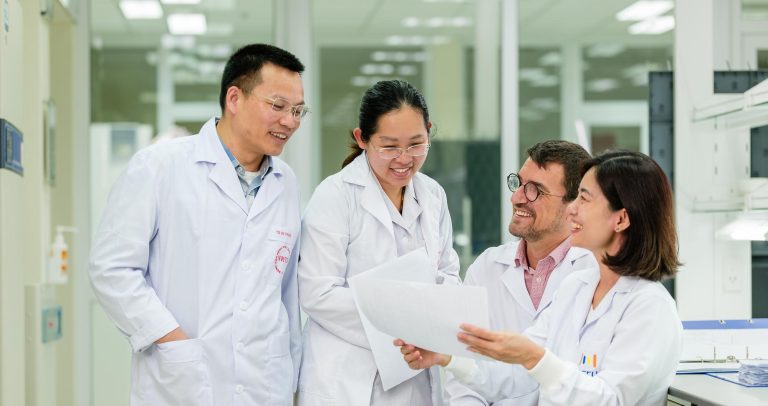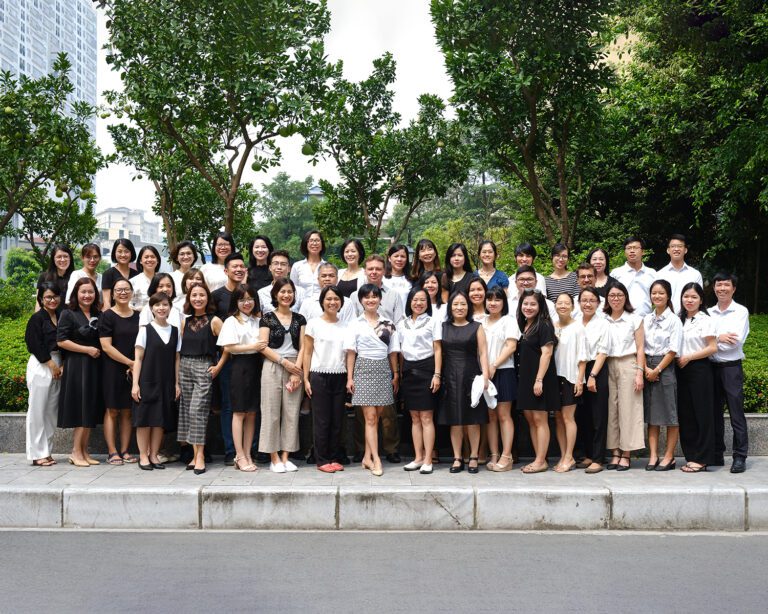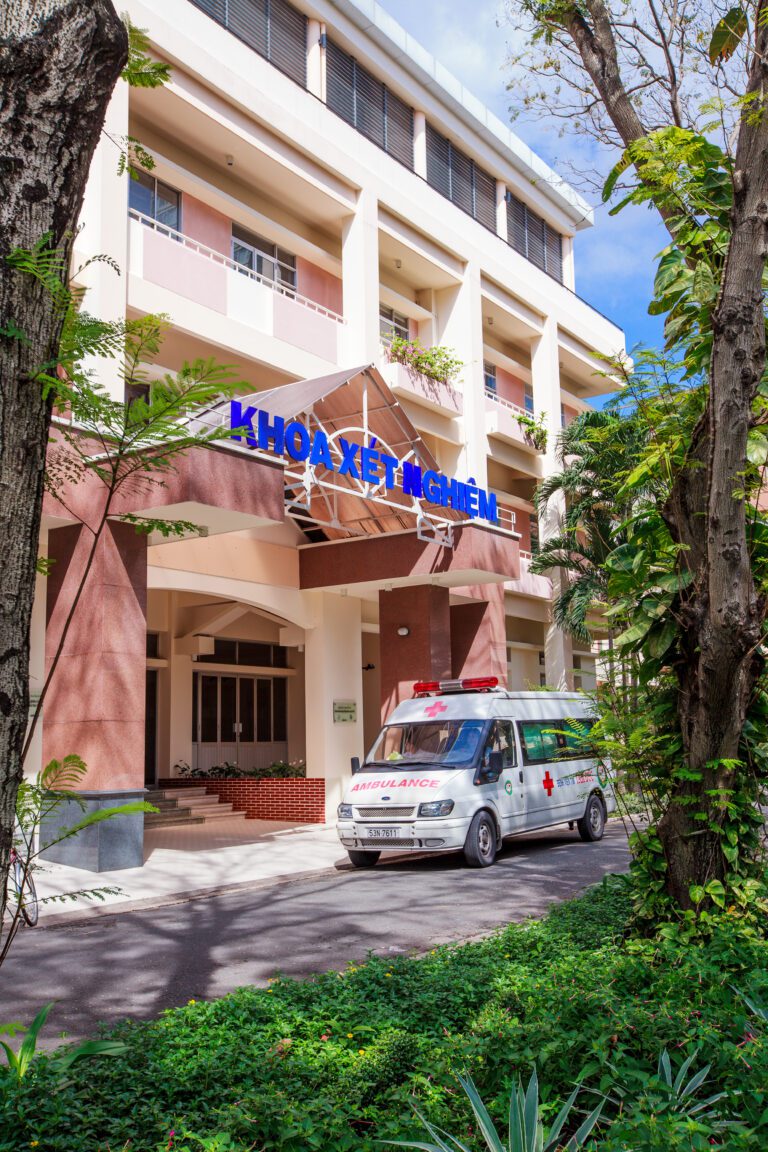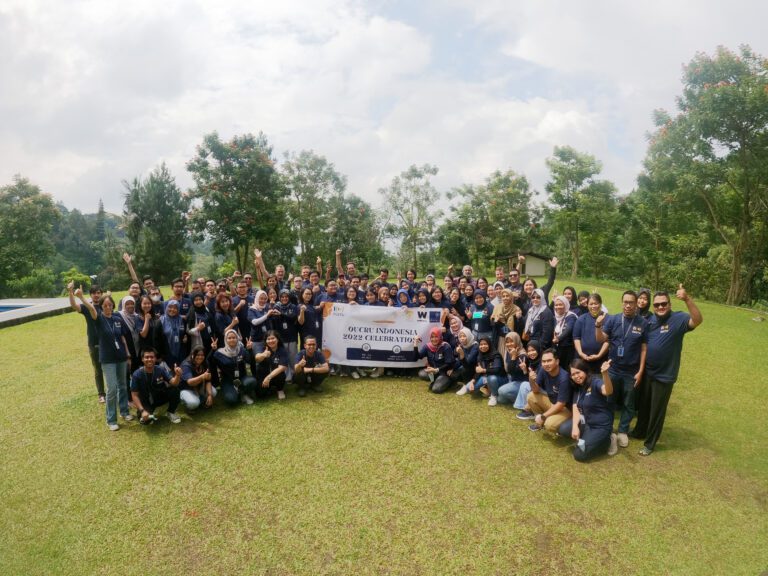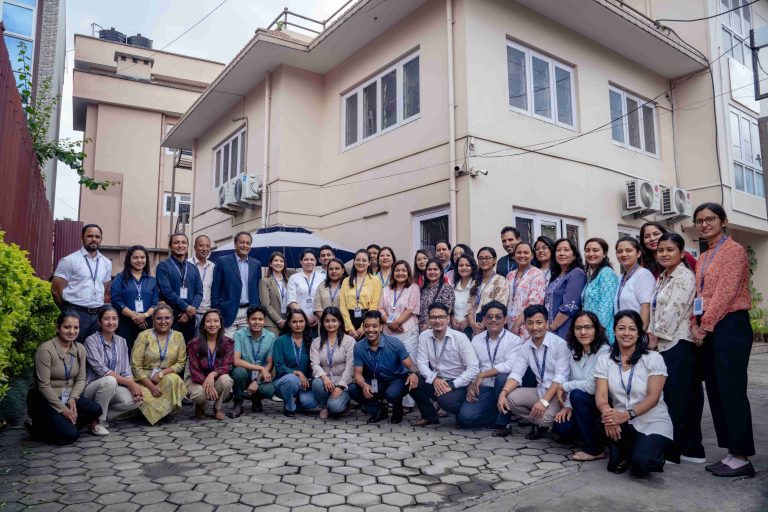Funded by Wellcome, MODRA is a joint initiative between the Oxford University Clinical Research Unit (OUCRU) and the Mahidol Oxford Tropical Medicine Research Unit (MORU). The programme is designed to support and develop future scientific leaders in low- and middle-income countries (LMICs) across South and Southeast Asia.
Now in its second year, MODRA attracted interest from a diverse pool of candidates, reflecting growing demand for structured career support and regional collaboration opportunities in global health research. Following a rigorous selection process, 15 outstanding researchers have been selected to join the 18-month fellowship.
They will take part in a comprehensively designed programme that includes in-person training in grant writing and research management, mentorship from senior scientists, and seed funding to support preliminary research projects.
Meet our Fellows
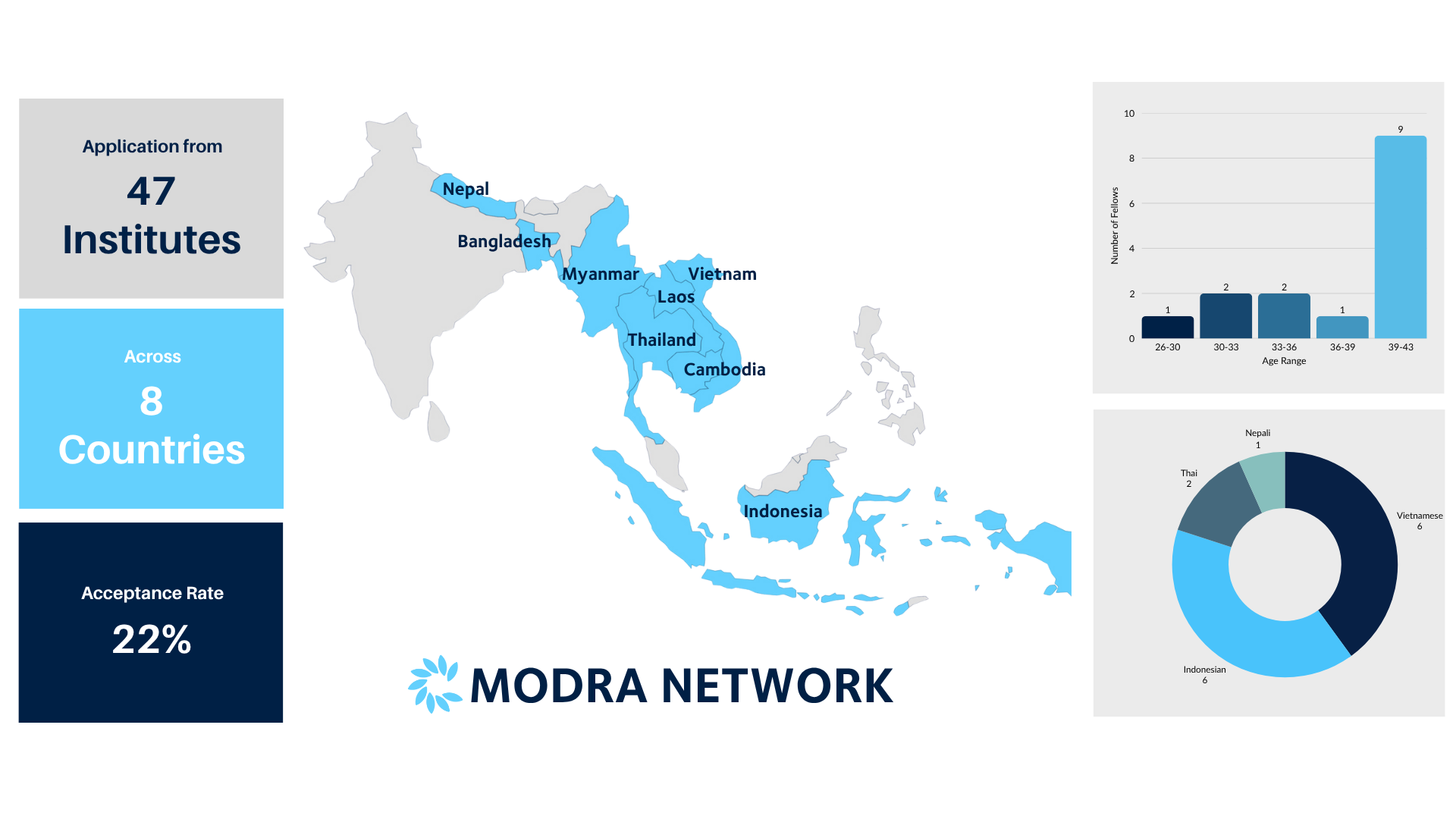
The 2025 MODRA cohort brings together researchers from Vietnam, Indonesia, Thailand and Nepal. With an average age of 38, and some as young as 27, they represent a dynamic group of early to mid-career postdoctoral scientists across the region.
The researchers are at a pivotal stage, moving from PhD training to leading independent research – a transition that requires not only scientific expertise but also a range of professional skills often not taught in science degrees. This is a critical period when targeted support can help them build collaborations, secure funding, and establish a lasting impact in their scientific careers.
Their research addresses some of the region’s most pressing health concerns, including antimicrobial resistance, zoonoses, tuberculosis, vector-borne infectious diseases, etc., using innovative approaches such as AI-driven monitoring, genomic surveillance, inhaled drug delivery, and multi-omic modelling.
Despite their diverse expertise, all fellows are deeply rooted in their local settings. Based at national universities, hospitals and research institutes, they are well positioned to lead locally driven research and advance health solutions that directly respond to the needs of their communities.
2025 MODRA Fellows:
- Dr Alok Kafle – Nepal Public Health Research Consultancy (NPHRC), Nepal
- Dr Anna Lystia Poetranto – Center for Biomedical Research, BRIN, Indonesia
- Dr Antonia Morita Saktiawati – Universitas Gadjah Mada, Indonesia
- Dr Arin Wongprommoon – MORU, Thailand
- Dr Bimandra Adiputra Djaafara – National University of Singapore (NUS) & OUCRU Indonesia, Indonesia
- Dr Hồ Quang Chánh – OUCRU HCMC, Vietnam
- Dr Nguyễn Văn Cường – Sydney Vietnam Institute, Vietnam
- Dr I Nyoman Sutarsa – Udayana University & Australian National University, Indonesia
- Dr Phùng Khánh Lâm – National University of Singapore (NUS) & OUCRU, Vietnam
- Dr Natcha Dankittipong – National University of Singapore (NUS), Thailand
- Dr Robert Sinto – Cipto Mangunkusumo National Hospital, Indonesia
- Dr Suwarti – OUCRU Indonesia, Indonesia
- Dr Nguyễn Thị Tâm – OUCRU Hanoi, Vietnam
- Dr Nguyễn Trung Thành – OUCRU HCMC, Vietnam
- Dr Nguyễn Vĩnh Trung – OUCRU HCMC, Vietnam
Over the course of the18-month fellowship, participants will engage in a combination of online and in-person activities, including:
Pre-workshop online sessions:
|
In-person workshops:
|
These sessions are designed to equip emerging scientists with the skills, confidence, and networks needed to secure international research funding and lead impactful, locally grounded health research.
MODRA’s vision is long-term. By building research capacity in LMICs and fostering stronger regional collaboration, the programme aims to shape a more equitable and connected scientific landscape.
As the new cohort begins their journey, they represent not only the present of health research in Asia, but also its future.
To learn more about MODRA and future opportunities, visit: www.modracademy.org



